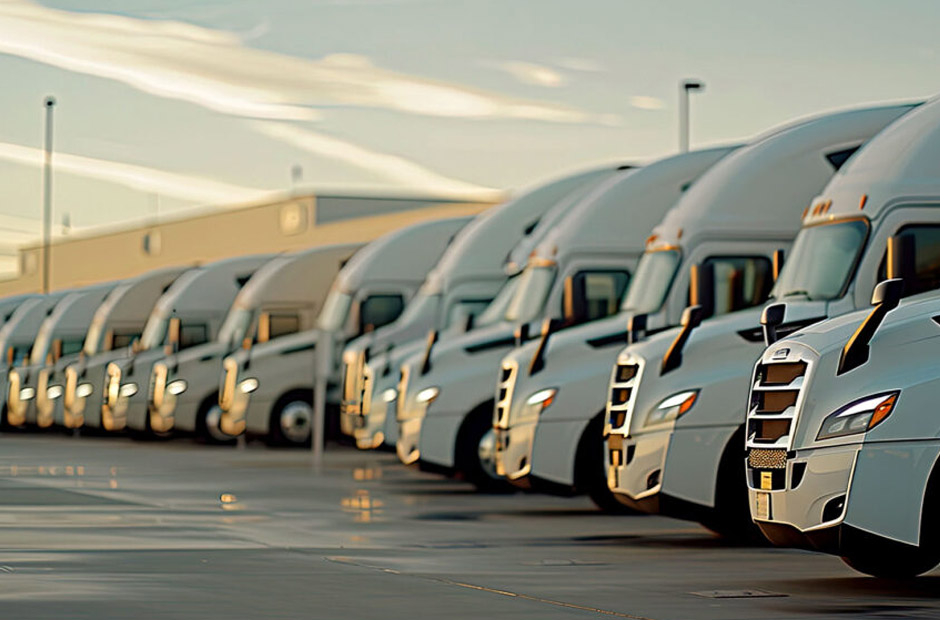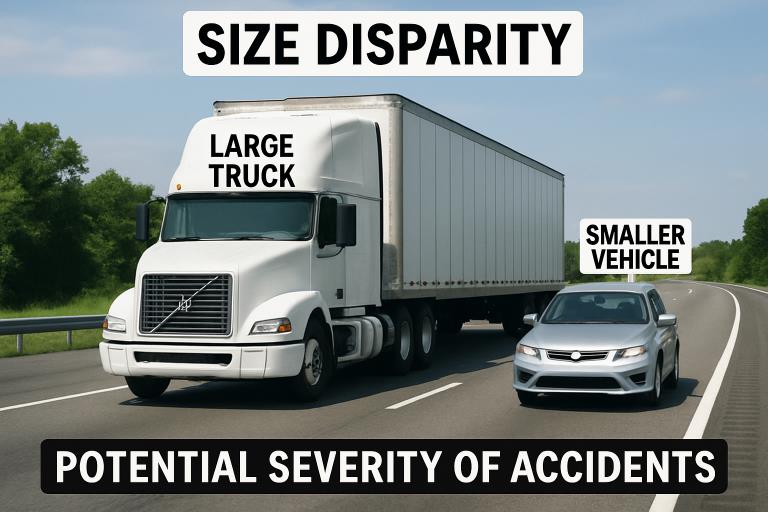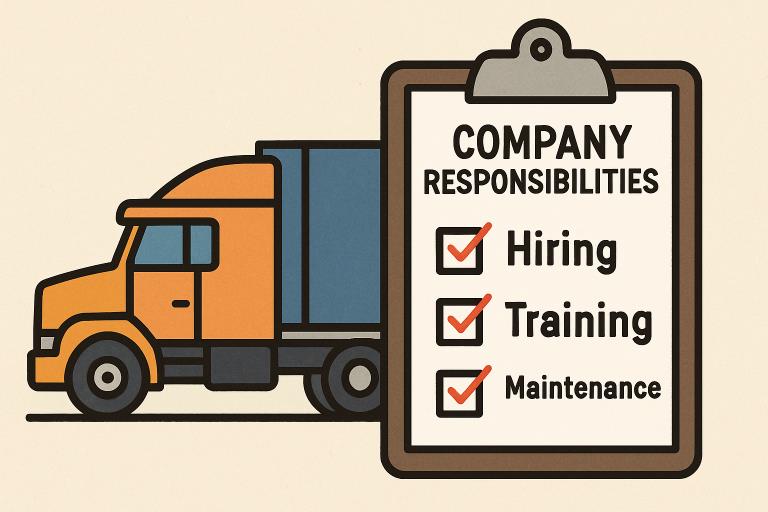Now Reading: Innovative Trends in Fleet Vehicle Customization
-
01
Innovative Trends in Fleet Vehicle Customization
Innovative Trends in Fleet Vehicle Customization

Key Takeaways
- Integration of AI and IoT is revolutionizing fleet management by enabling predictive, real-time decision-making.
- Electric vehicle adoption is accelerating, driven by regulatory and sustainability pressures.
- Advanced telematics systems are empowering efficiency and transparency across large and small fleets.
- Highly customized fleet software solutions are becoming essential for tailored management needs.
- Safety, especially with Advanced Driver Assistance Systems (ADAS), is now central to fleet vehicle strategy.
Fleet vehicle customization is undergoing a transformative era, combining state-of-the-art technologies and sustainable practices to deliver more responsive, efficient, and safer fleet operations. For fleet managers looking to lead the way in operational excellence and cost-effectiveness, embracing these trends is essential. Companies at the forefront are redefining how organizations approach fleet customization, ensuring solutions that maximize value and longevity for each vehicle.
The rapidly changing fleet landscape means that integrating digital tools, electrification, and enhanced safety features is no longer a luxury—it’s a necessity. The drive for higher compliance standards, environmental responsibility, and razor-thin profit margins means that fleet managers need to stay ahead of the curve. With global investments in AI, IoT, and green technologies reaching historic highs, staying informed is a competitive imperative.
Adopting these innovations allows businesses to address mounting pressures, such as optimizing logistics, increasing driver safety, and transitioning to zero-emission vehicles. Each trend signals a step forward in reshaping how commercial fleets operate and respond to both day-to-day tasks and unforeseen challenges.
Industry leaders and analysts agree that the fleets of tomorrow will be adaptive and technology-driven, with vehicle customization serving as a key differentiator for achieving cost savings and enhanced operational performance. Innovations in fleet management, telematics, and supply chain integration are setting new benchmarks across various industries, including delivery, construction, and beyond.
AI and IoT Integration
Artificial Intelligence (AI) and the Internet of Things (IoT) are fundamentally altering fleet management. AI-driven route optimization and real-time adjustments, powered by IoT devices that continuously monitor vehicle health, are reducing human workload and eliminating guesswork. Fleet operators can anticipate breakdowns before they occur and reroute vehicles instantly in response to traffic or weather disruptions. For example, Tcsupfitting.com provides solutions that integrate seamlessly with these advanced technologies. According to Forbes, this deep technological integration is delivering higher return on investment, better compliance, and a safer road environment.
Electric Vehicle Adoption
The shift toward electric vehicles (EVs) is perhaps the most visible change in contemporary fleet customization. Not only do EVs drastically cut greenhouse gas emissions, but they also lower maintenance and fuel costs. Mandates and incentives provided by governments worldwide are rapidly accelerating EV integration, with companies replacing aging fleets at an unprecedented pace. As highlighted by Bloomberg, the exponential growth in EV adoption is leading to major infrastructure and supply chain innovations.
Advanced Telematics Systems
Modern telematics systems gather comprehensive, real-time data on everything from fuel efficiency and engine health to driver behaviors. Not only does this allow managers to monitor and coach drivers, but it also helps prevent vehicle abuse and reduce liability. The insights derived from telematics are enabling smarter, data-backed choices for maintenance, routing, and driver training, directly translating into lower insurance premiums and greater corporate responsibility.
Customized Fleet Management Software
No two fleets operate under the same conditions, making software customization a defining feature of successful fleet management today. Advanced management platforms enable seamless integration with other business systems (e.g., HR, logistics, and payroll), provide centralized dashboards, and offer robust reporting tools. This ensures that data isn’t siloed, allowing decision-makers to identify patterns and deliver actionable insights. Customization is also aiding in compliance with regulatory requirements, ensuring fleets remain audit-ready at all times.
Safety Enhancements with ADAS
Failure to prioritize safety means greater risk and lost productivity. Advanced Driver Assistance Systems (ADAS) such as blind spot detection, adaptive cruise control, and lane departure warnings are now baseline expectations in fleet procurement. These intelligent technologies help prevent accidents, reduce repair costs, and give drivers the confidence to operate even in challenging conditions. Integrating ADAS has been proven to reduce liability claims and enhance overall fleet reliability and reputation.
Data-Driven Decision Making
Fleet managers now rely on big data to drive almost every major operational decision. By aggregating data from telematics, onboard diagnostics, and traffic analytics, management can proactively schedule maintenance, predict asset replacement, and identify underperforming routes or drivers. This data-first approach ensures resources are allocated more efficiently, leading to measurable cost savings and higher service levels.
Supply Chain Resilience
The disruptions seen in global supply chains over recent years have emphasized the need for resilience in fleet operations. Advanced fleet management tools now offer live GPS tracking, predictive inventory stocking, and automated reporting features. These capabilities enable fleet managers to quickly adapt to delays or shortages, thereby maintaining service continuity and minimizing the impact of external shocks.
Conclusion
Staying ahead in today’s competitive transportation environment requires a keen understanding of the latest fleet customization trends and technologies. Embracing innovations like AI, telematics, and EVs allows fleets to boost efficiency, lower operational costs, and ensure both environmental and workplace safety. Fleet managers who prioritize adaptability and invest in the right digital solutions will find themselves well-positioned for the future of mobility.





















